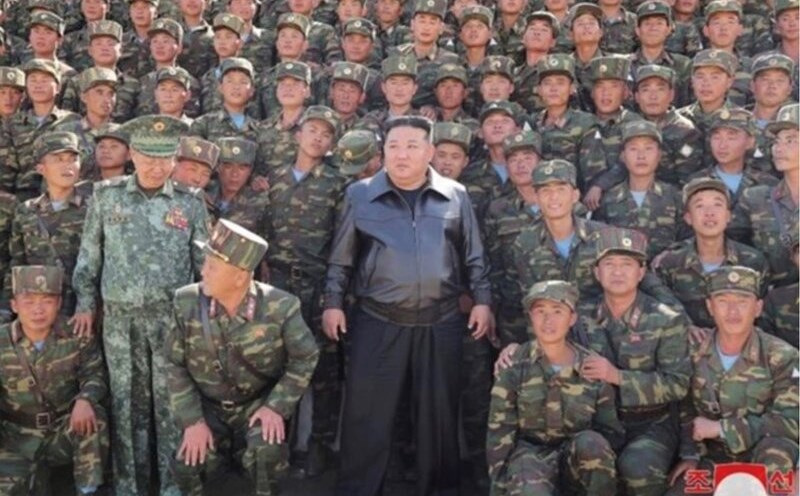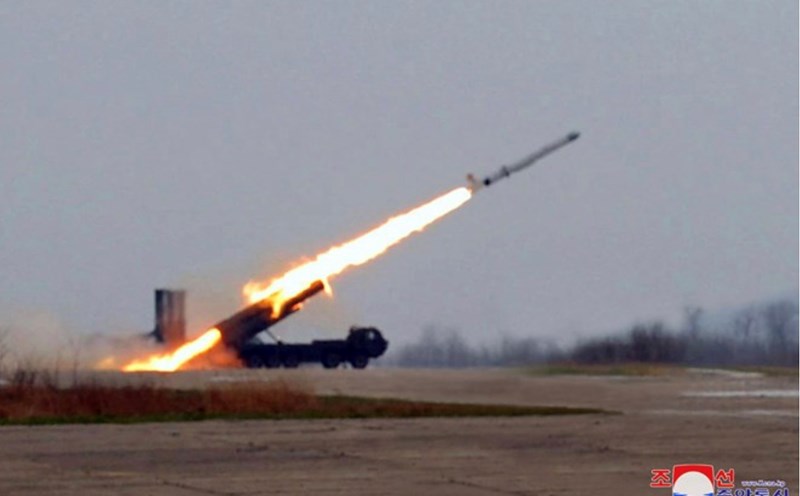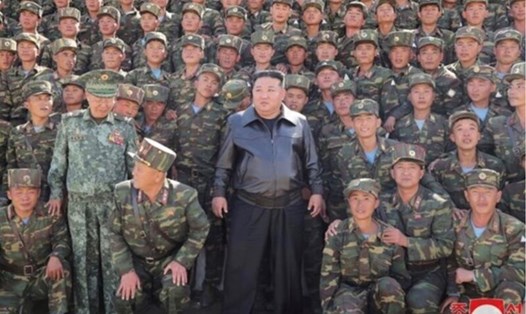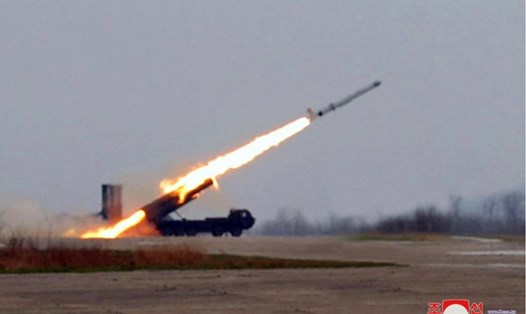The missiles were launched from Kanggye, Jagang Province, near the border with China, at around 9:30 a.m. local time, according to a statement from the South Korean Joint Chiefs of Staff (JCS). The missiles flew about 250 kilometers before falling into the sea.
South Korea immediately condemned the missile launch, calling it a serious provocation that threatens peace and stability on the Korean Peninsula. The JCS warned Pyongyang not to "misjudge the situation" and stressed that South Korea would respond strongly if North Korea continued similar actions.
Acting South Korean President Choi Sang-mok also condemned the launch as a violation of UN Security Council resolutions and pledged a strong response.
The South Korean presidential office said the National Security Council held an emergency meeting to assess the situation and pledged to maintain a strong defense posture.
Japan's Chief Cabinet Secretary Yoshimasa Hayashi confirmed that Tokyo was aware of the missile launch and was closely coordinating with South Korea and Washington to respond, including sharing real-time missile warning data.
Notably, the missile launch took place just days before US President-elect Donald Trump took office. During his first term, Trump held unprecedented summits with North Korean leader Kim Jong-un and repeatedly emphasized the personal relationship between the two sides.
The test also comes amid a flurry of regional diplomacy. Last week, US Secretary of State Antony Blinken visited Seoul, calling for increased bilateral and trilateral cooperation between the US, Japan, and South Korea to counter the growing threat from North Korea.
Separately, South Korean and Japanese Foreign Ministers Cho Tae-yul and Takeshi Iwaya also met in Seoul, where both sides condemned North Korea's nuclear and missile programs and pledged to strengthen security ties.
North Korea's recent series of weapons tests are believed to be aimed at demonstrating its deterrence power against the United States and attracting the attention of Mr. Trump, according to South Korean lawmakers briefed by the National Intelligence Service. Pyongyang had previously vowed to take "the most drastic anti-US measures" at a key policy meeting late last year.











